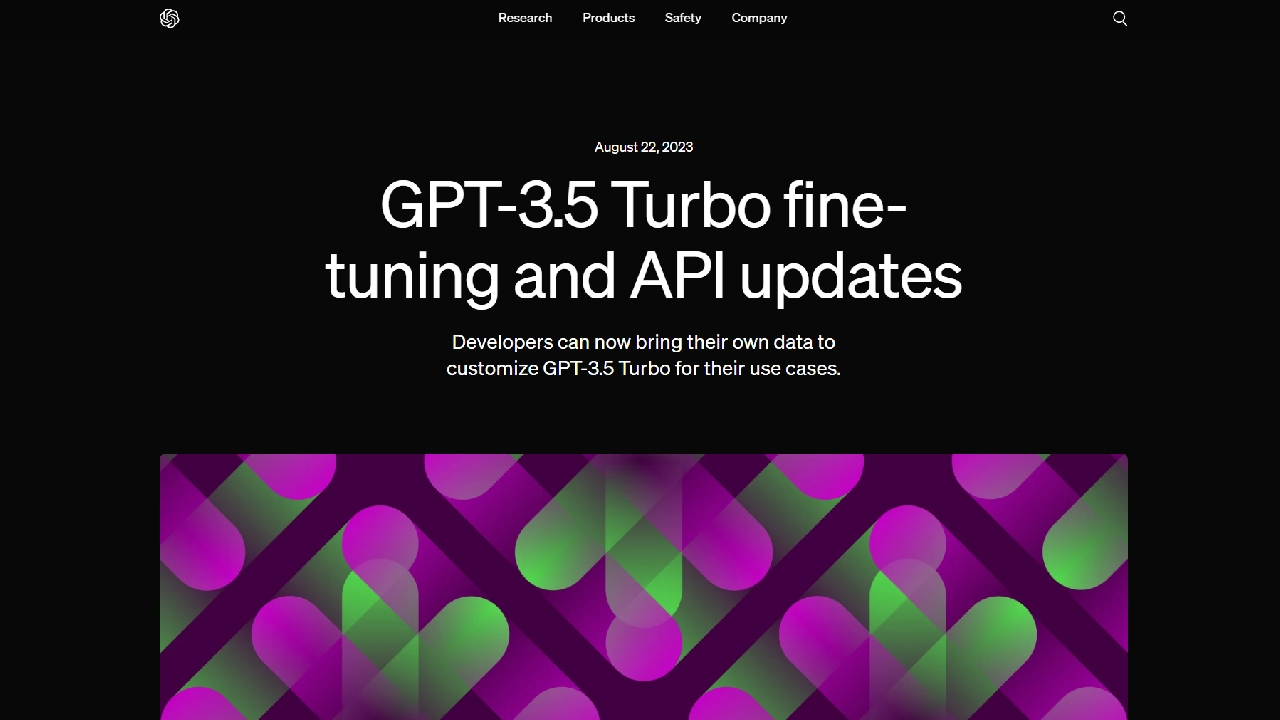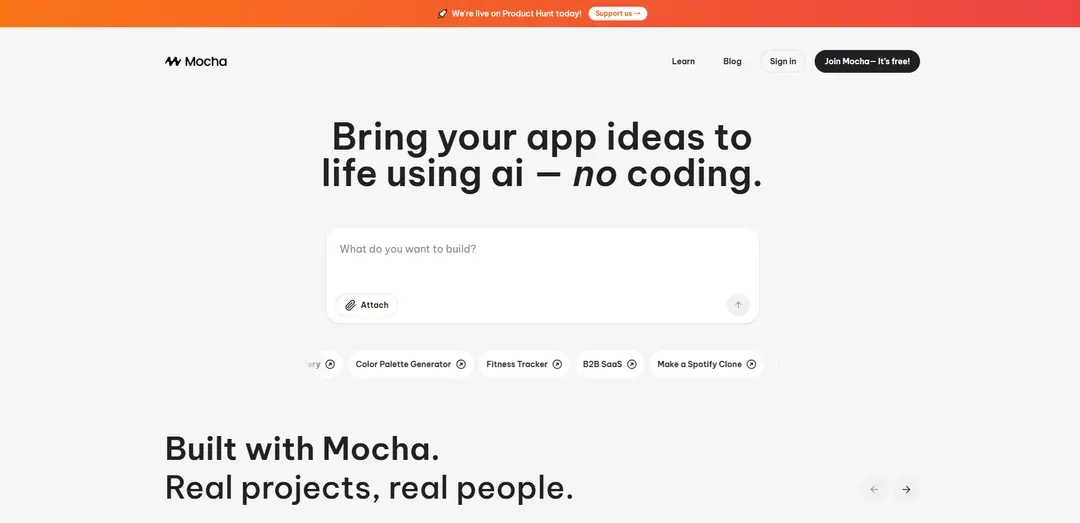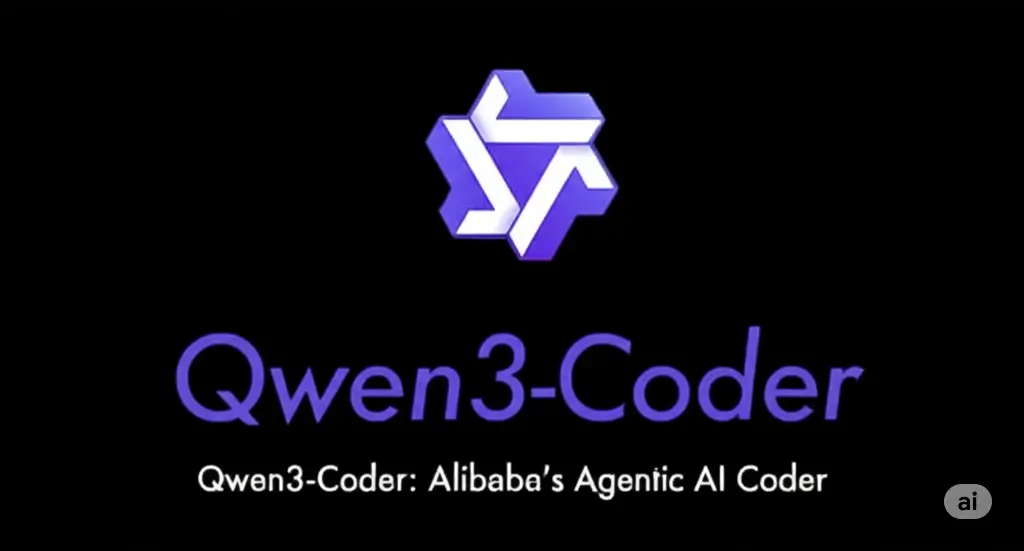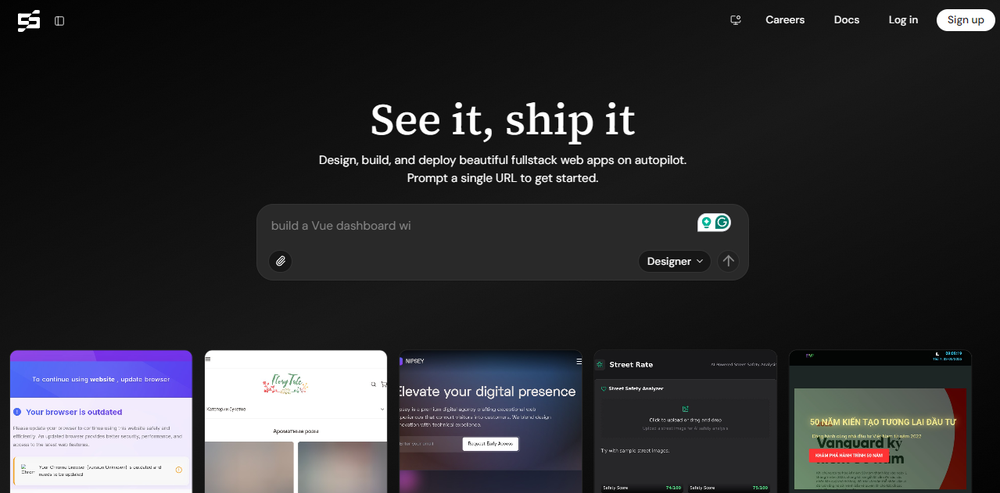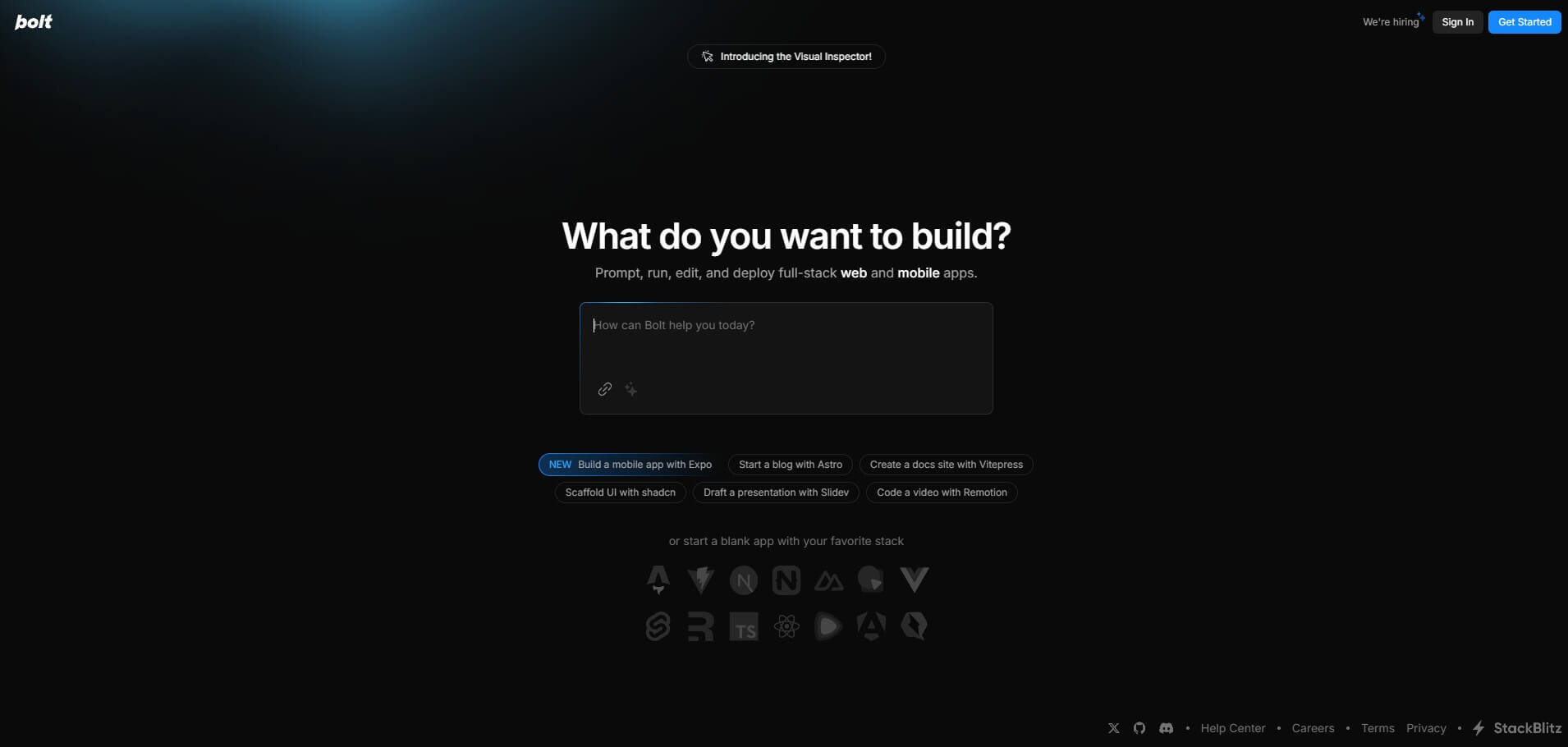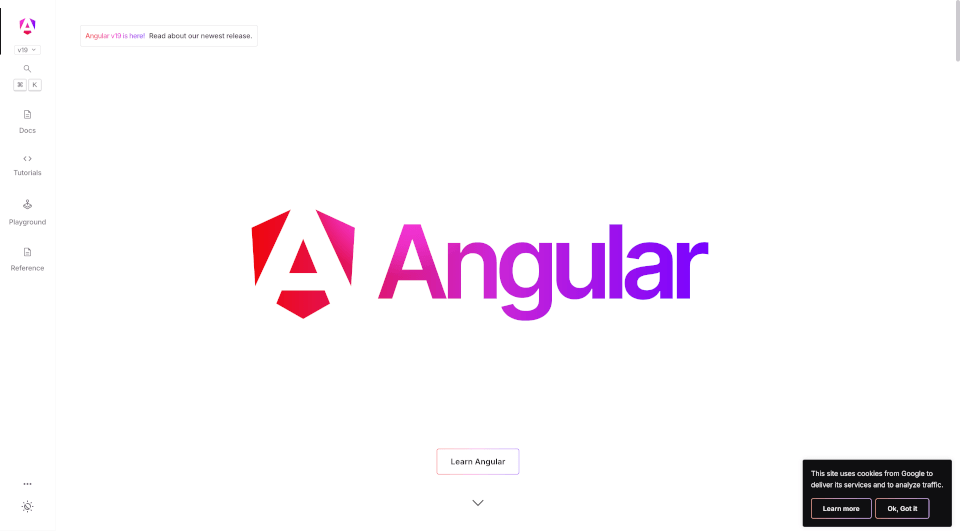OpenAI has introduced fine-tuning capabilities for GPT-3.5 Turbo, with plans to extend this feature to GPT-4 in the upcoming fall. This advancement allows developers to tailor models to their specific needs, enhancing performance for particular tasks. Impressively, a fine-tuned GPT-3.5 Turbo can rival or even surpass the base GPT-4 in certain specialized areas. The fine-tuning process is designed with customer data privacy in mind, ensuring that all data remains the property of the customer and is not utilized for training other models.
The demand for model customization has been met with the ability to conduct supervised fine-tuning, which has shown significant improvements in model performance across various applications. One of the key benefits of fine-tuning is the reduction of prompt size, which can lead to faster API calls and cost savings. The fine-tuning process can handle up to 4k tokens, doubling the capacity of previous models.
OpenAI emphasizes the importance of safety in deploying fine-tuning, incorporating a Moderation API and a GPT-4 powered moderation system to screen training data against safety standards. The costs associated with fine-tuning are divided into initial training and usage fees, with an example provided for clarity.
In a move towards modernization, OpenAI announced the discontinuation of the original GPT-3 base models and introduced replacements like babbage-002 and davinci-002. These models are accessible through the Completions API and can also be fine-tuned using a new API endpoint designed for better extensibility and ease of transition.
The team behind these innovations includes a diverse group of experts, ensuring that OpenAI continues to push the boundaries of AI technology while maintaining a commitment to safety and customer data integrity.
